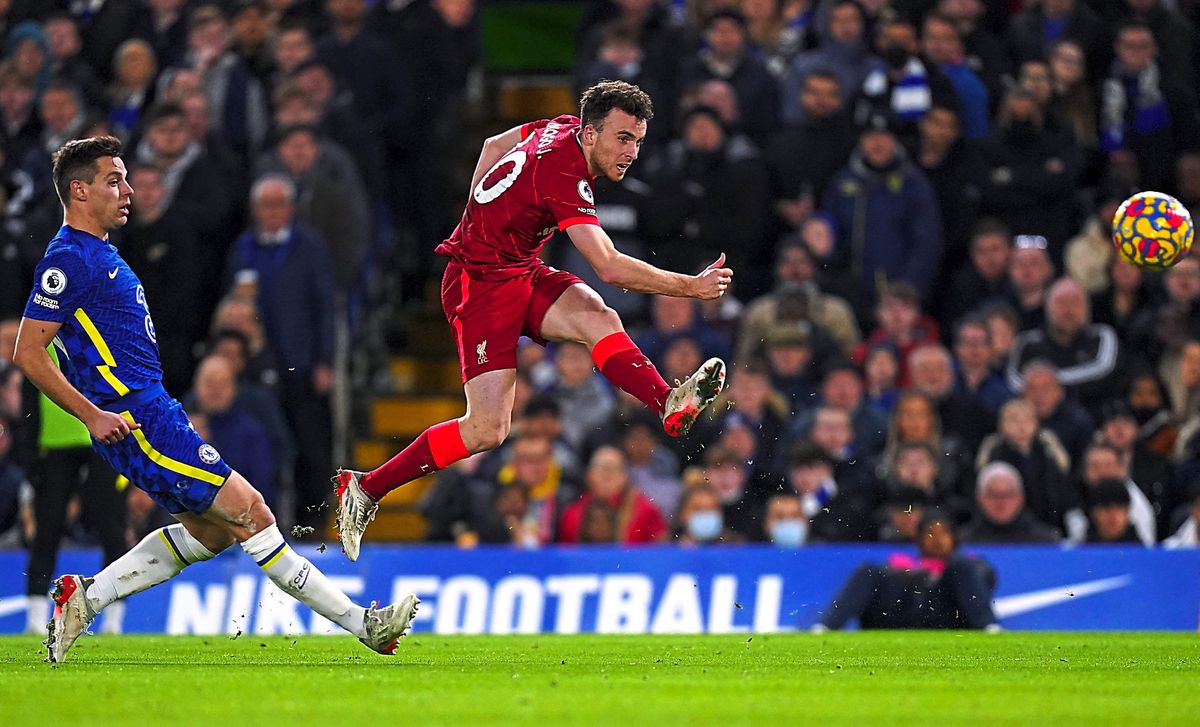
Clubs won’t use the same wording, but many regularly take loans from banks. It is very common in modern football.
Wolves are no different. In 2019, they took out a £50m loan backed by future TV revenue with Australian financial services giant Macquarie Group.
Last month, they then received £23million from the same group on a secured loan against the last two installments owed by Liverpool for the sale of Diogo Jota.
Financial jargon aside – Wolves essentially received £23m in December and when those future installments arrive from Anfield, due in July 2022 and July 2023, that money will then be refunded to the bank – with interest.
The reason? Cash flow. Clubs tend to receive huge sums of money at the start of a season, with advances from television contracts and subscription sales, but often have little revenue throughout a season.
They have to pay salaries and various other expenses, and that’s where bank loans come in.
“Good cash flow in any business is essential for survival and sustainability,” said football finance expert Kieran Maguire.
“Companies don’t fail because of a lack of profit, they fail because they don’t manage their cash flow well.
“It’s exactly the same as us. As individuals, we may be asset rich, in the sense that we have a car or a house, but if we don’t have the money to buy groceries for that week, we will starve.
“Having someone in a football club who can do cash flow forecasting and budgeting is essential for the survival of the club.”
If you or I have taken out a payday loan, the interest may be piling up and financial difficulties are on the horizon.
But with traditional banks reluctant to lend to football clubs, these specialist lenders step in with lower interest rates.
“I don’t think there is a danger of clubs taking out these types of loans,” Maguire added.
“If you get the money now, that will solve the problem and it could give you a cash flow problem in a year or two, or perhaps Wolves would have sold two more players or secured funding from other sources.
“So I don’t see that as a problem. It’s a cash management issue and it’s cheaper than other forms of borrowing because it’s secured by money transfers. The clubs could see an advantage in this.
“There is always interest on this type of loan.
“In the documents we have seen, the lender normally charges between seven and nine and a half percent interest per annum.
“It’s not prohibitive and it’s cheaper than a credit card. It’s cheaper than some owners charge for club loans, but it’s still important if we look at the money versus Diogo Jota’s transfer.
“We’re talking tens of millions of pounds, so the interest is potentially hundreds of thousands of pounds, but that won’t stop a club from continuing.”
The financial world of football was murky enough before the Covid-19 pandemic kicked in.
There are many examples, past and present, where this goes wrong and clubs cease to exist.
But for now, football payday loans will remain and the industry as a whole should thrive.
Maguire said: “The pandemic has certainly not helped clubs.
“The Premier League is financially insulating itself from the pandemic due to the strength of TV deals, but matchday revenue is still a vital part of a club’s finances. Therefore, this hole must be filled in one way or another.
“They like to call it bill discounting, but I prefer the term ‘glorified payday loan.’
“These types of loans are quite common in other industries, and those industries survive.”




